Democrats, President Trump find common ground on $2 trillion infrastructure package
In this year’s State of the Union, President Donald Trump called on both parties to “unite for a great rebuilding of America's crumbling infrastructure.” It looks like they might be working toward just that.
After meeting behind closed doors at the White House April 30, Speaker of the House Nancy Pelosi and Senate Minority Leader Chuck Schumer announced that Democrats had found common ground with the President on a $2 trillion infrastructure package.
“Building [the] infrastructure of America has never been a partisan issue and we hope to go forward in a very nonpartisan way for the future,” said Pelosi.
Although both parties still have to flesh out funding sources for this package, here’s what we know so far. This agreement will hone in on traditional surface transportation programs like roads, bridges, and tunnels. The measure will also look into ways to expand access to broadband.
On May 1, leader of the House panel on transportation, Chairman Peter DeFazio of Oregon, said he made it clear to President Trump that failing to take action to address the nation’s infrastructure woes is no longer an option.
“Letting our roads, bridges, airports, transit systems, ports and water systems crumble amounts to a national crisis,” DeFazio said.
“We have let our infrastructure — and our infrastructure funding streams — stagnate to the point where we now need to invest hundreds of billions of dollars to make up for past neglect and plan for the future. There is no way around this reality if we expect improvement.”
Sen. John Barrasso (WY), chairman of the surface transportation panel, noted the importance of rural infrastructure needs and making the permitting process more efficient.
“It’s important to remember that one size doesn’t fit all,” Barrasso told reporters. “We need to work on urban projects and rural projects and do it in a way that is fiscally responsible.”
Finding funding
The Democrats plan to meet with Trump soon to discuss funding sources for the $2 trillion package. This meeting could take place as early as next week (May 13) during the Infrastructure Week advocacy forum in Washington.
During Infrastructure Week, the transportation community will be “out in full force to raise awareness about traffic congestion, old pipelines, and deficient bridges,” according to Eugene Mulero.
While bipartisanship was on display when the two parties came to terms on the package April 30, that doesn’t mean agreeing on funding sources will be as easy…
Democrats are largely in favor of upping the federal gas tax, which hasn’t been raised since 1993. According to Transport Topics, revenue from the Clinton-era 24.4 cents-per-gallon diesel tax and 18.4 cents-per-gallon gas tax will be insufficient to meet the obligations of a federal account in the coming years. This account, the Highway Trust Fund, assists states with transportation projects.
While the federal gas tax hasn’t increased since 1993, the efficiency of our vehicles has greatly improved. Transport Topics recently published an editorial stating their belief that upping fuel taxes is the most efficient means of funding the facelift our infrastructure really needs.
“Our roads and bridges shouldn’t have to suffer because of engineering gains in fuel efficiency. Rather, the funding system should in some way be tweaked to account for these gains,” they wrote.
However, Republicans are opposing this source of funding. As Sen. Mitch McConnell (KY) noted, tweaking the 2017 tax law would “be a nonstarter.” Instead, key Republicans are advocating for funding alternatives like a fee for miles traveled.
The Transport Topics editorial noted that the Republicans’ idea of a fee for miles traveled for vehicles that do not use fossil fuel could be a viable option.
“Electric vehicles are the obvious target; since their drivers aren’t buying fuel, they’re not paying into the roads fund. It seems only fair that, going forward, a framework like this be created to account for the expected proliferation of these vehicles on the nation’s roads,” they wrote.
DeFazio is in favor of a vehicle miles traveled fee and has expressed interest in considering an infrastructure package over the next few weeks.
Stay tuned…
We’ll keep you updated as lawmakers decide on funding for this $2 trillion package in the weeks to come. What do you think: is raising the federal fuel tax the best way to fund our infrastructure’s facelift? Or are you in favor of other means, like a vehicle miles traveled fee?


